Delayed US National Security Strategy views China as its greatest geopolitical challenge
The rising rivalries between the US and China are set to dominate the coming years of the 21st century.The US has unveiled its long delayed national security strategy where China is named as the most consequential geopolitical challenge for the US.
That means that Washington is prioritizing winning over China, as Beijing is seen as the only global rival to the US.
According to US national security adviser, Jake Sullivan, the People's Republic of China harbors the intention, and increasingly the capacity, to reshape the current international order in favor of one that tilts the global playing field to its benefit.
We oppose clinging to outdated stereotypes such as the Cold War mentality and zero-sum games.
We also disapprove of exaggerating geopolitical conflicts and great power competition.
Such approaches run counter to the current trend of the times and the expectations of the international community.
They are bound to be unpopular and will eventually fail.
Mao Ning, Chinese Foreign Ministry Spokesperson
The US strategy further insists that China represents the most consequential challenge to global order.
It also says America must win the economic arms race against China if it hopes to retain global US influence.
The strategy has warned that China's rapid technological progress is aimed at remolding the current world order.
It is very important that China has increased its investment in technology, which has laid the foundation for the future development of the country.
So I believe China is one of the countries in the world that attaches the most importance to investment in technology and the future development of the country.
Kirill Babaev, Russian Academy of Sciences
The strategy is aligned with the rhetoric used by the Biden administration and that of his predecessor. Biden officials have accused Russia and China of looking to change the so called “rules based order”.
The term is considered synonymous with “Washington led world order”.
The Biden administration has entangled itself in a number of global crises, including the war in Ukraine, which it encouraged and exasperated by sending more weapons into the conflict zone.
America is using the crisis to contain Russia; by encouraging its allies to sever their energy ties with Moscow, Washington is trying to push European countries into its own sphere of influence.
Furthermore, Washington is stoking tensions in the East Asia region by strengthening its ties with Chinese Taipei (Taiwan).
The US House Speaker, Nancy Pelosi, visited Taiwan in August 2022, drawing an angry reaction from China. Beijing has warned that it will not tolerate Washington's meddlesome interference in its sovereign affairs.
Consequently, increasingly belligerent US behavior in Europe and East Asia has pushed Russia and China closer together in a variety of fields including energy, business and defense.
Furthermore, both Moscow and Beijing are key members of the BRICs, Groups of countries and the Shanghai Cooperation Organization.
I believe that the Global Development Initiative and the Global Security Initiative proposed by President Xi Jinping can unite the forces of the international community to promote peace and justice across the world. Nowadays, developing countries don’t want to be vassals of the West, but want to be equal partners.
Bulat Sultanov, Frmr. Director, Kazakhstan Institute for Strategic Studies
The two bodies playing key roles in shifting the Western led balance toward a multipolar world, Russia and China, have also forged closer ties with countries like Iran and India, which are emerging powers in the shifting geostrategic relations worldwide.
It is widely believed that Washington's ambition to lead the world is facing tough challenges and it would appear that the regime in Washington no longer has the capability that it once possessed to dictate its hegemony.
‘All wars have rules. All of those rules have been broken’ by Israel
VIDEO | Report flags India’s violation of rights of Rohingya detainees
Turkey's foreign minister meets Syria's de facto leader in Damascus
'Next to impossible' to rescue patients from Gaza's Kamal Adwan Hospital: Director
VIDEO | Vietnam current prosperity
Report blames gasoil exports for shortage at Iranian power plants
VIDEO | Hind Rajab Foundation names Israeli war criminals vacationing after Gaza genocide
VIDEO | Australians rally for Gaza ahead of Christmas festivities


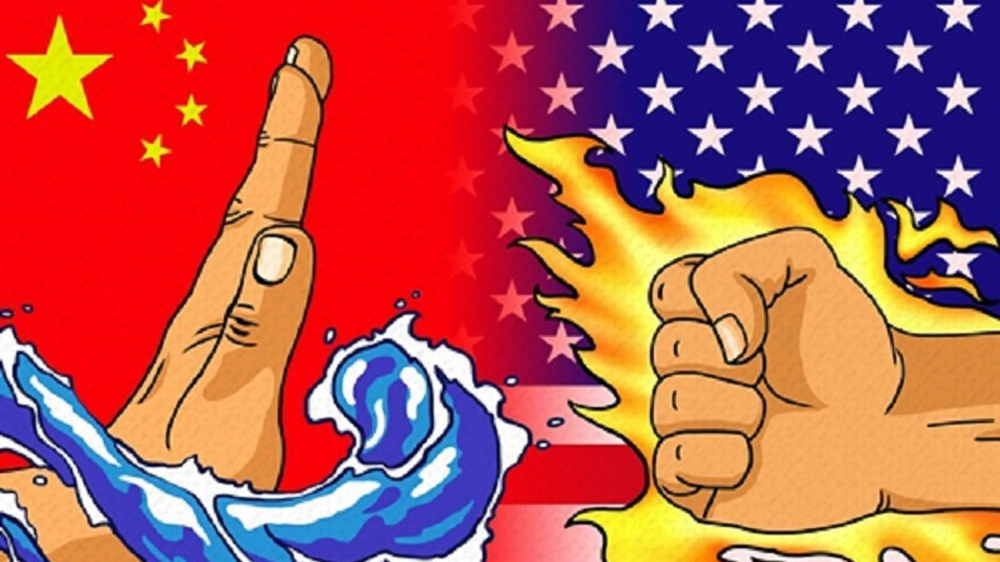
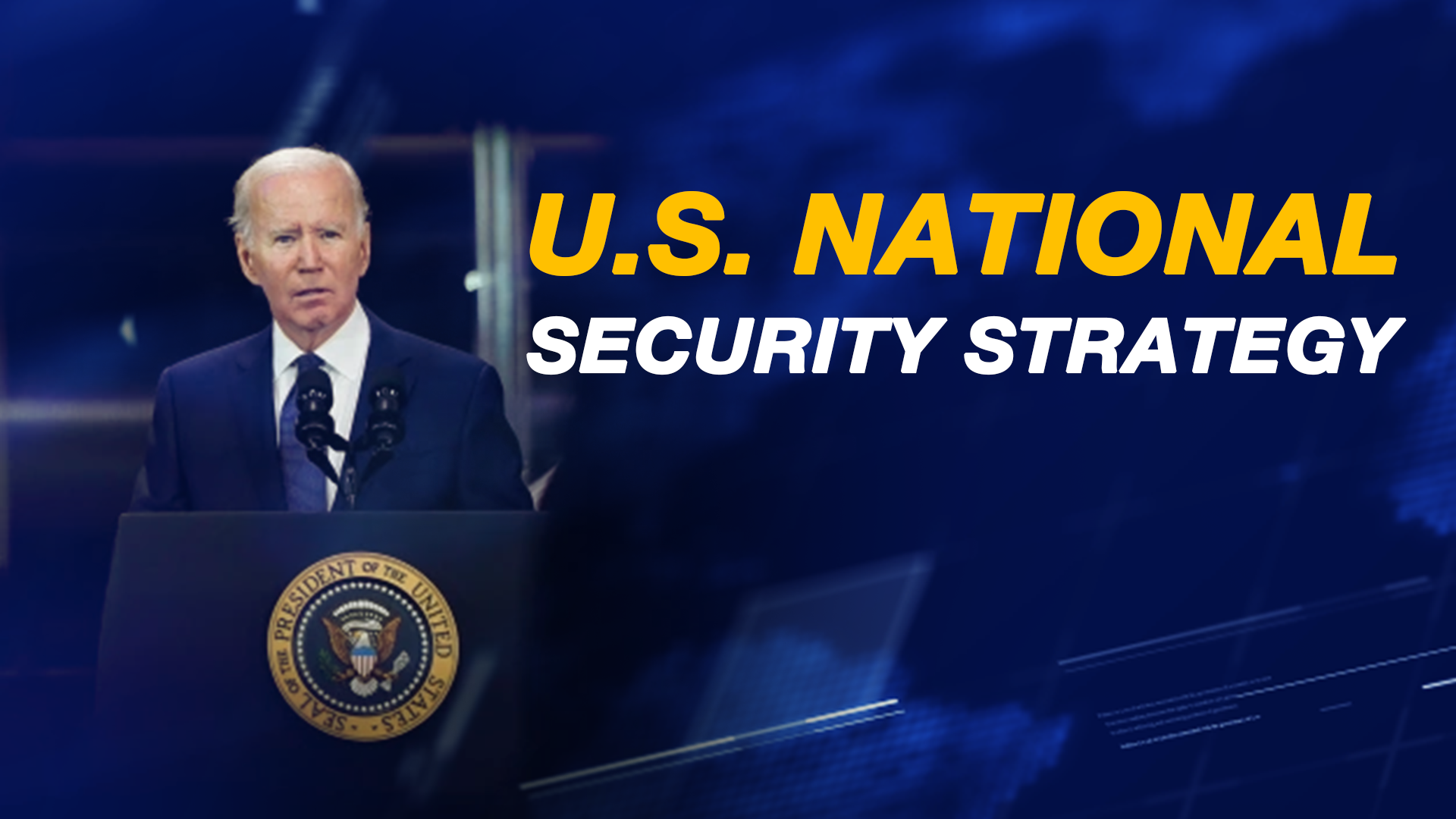

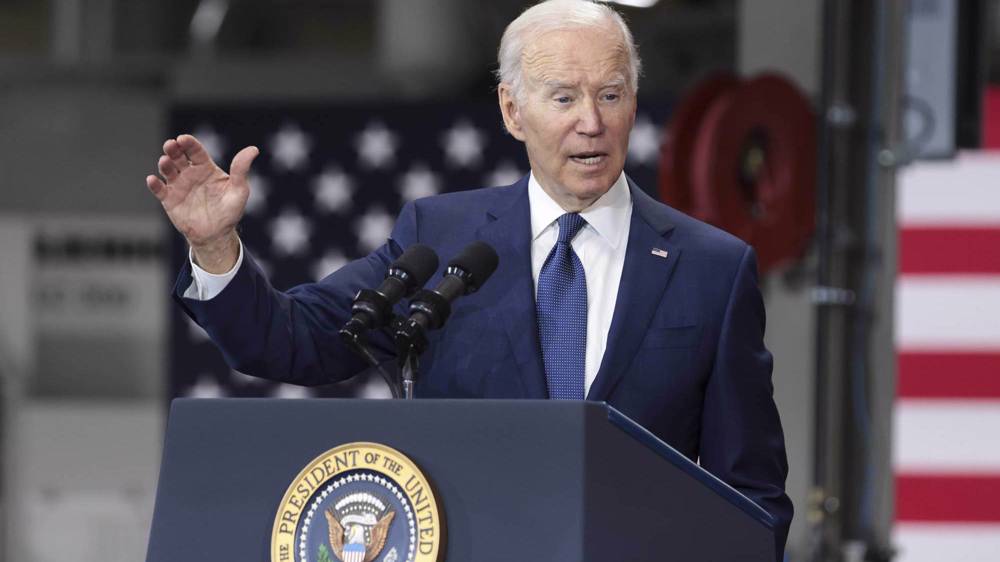

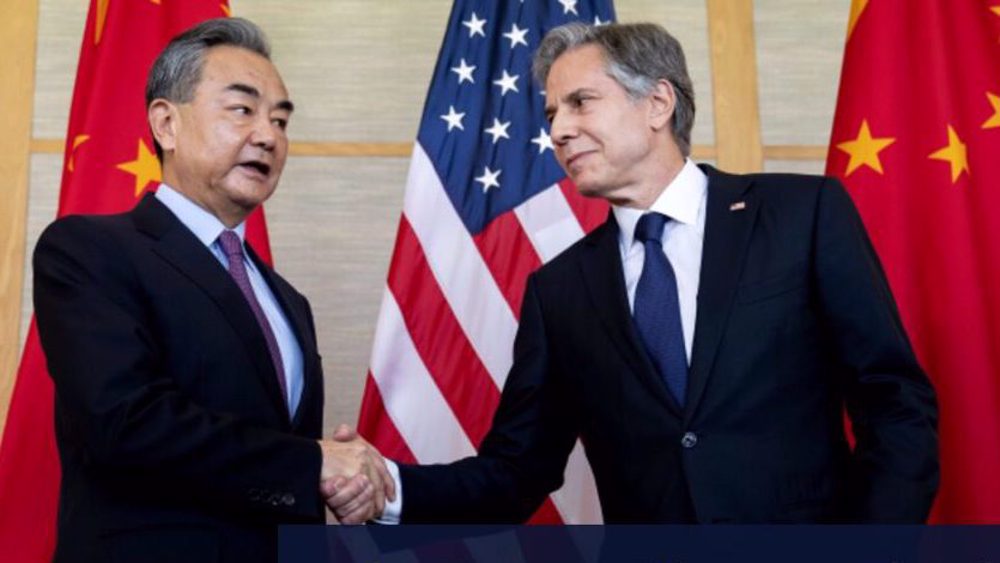
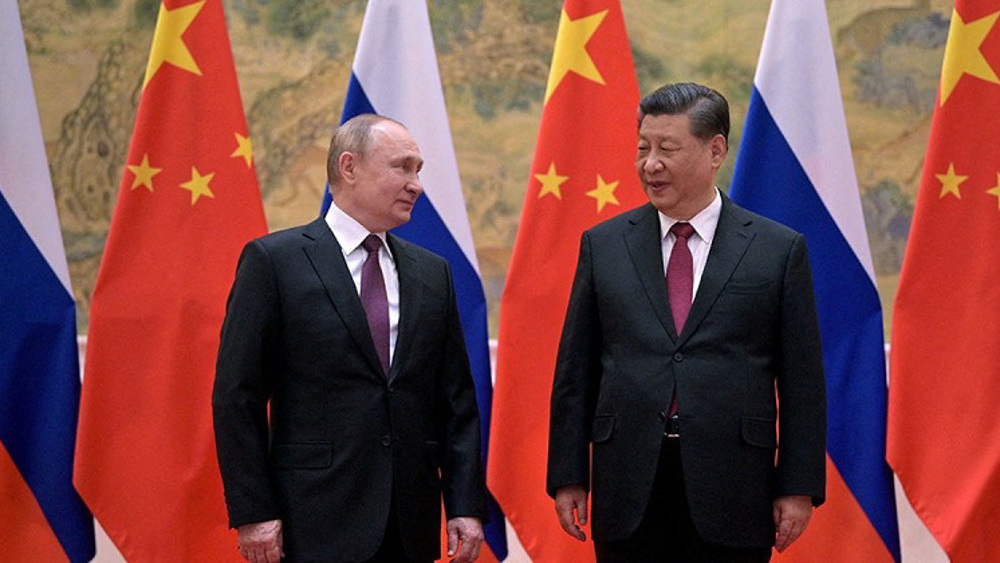

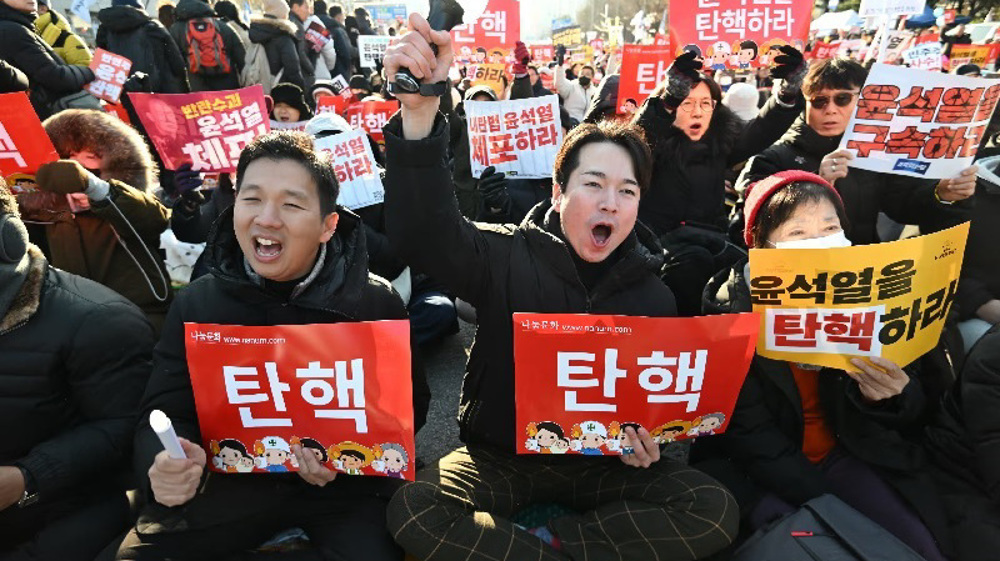

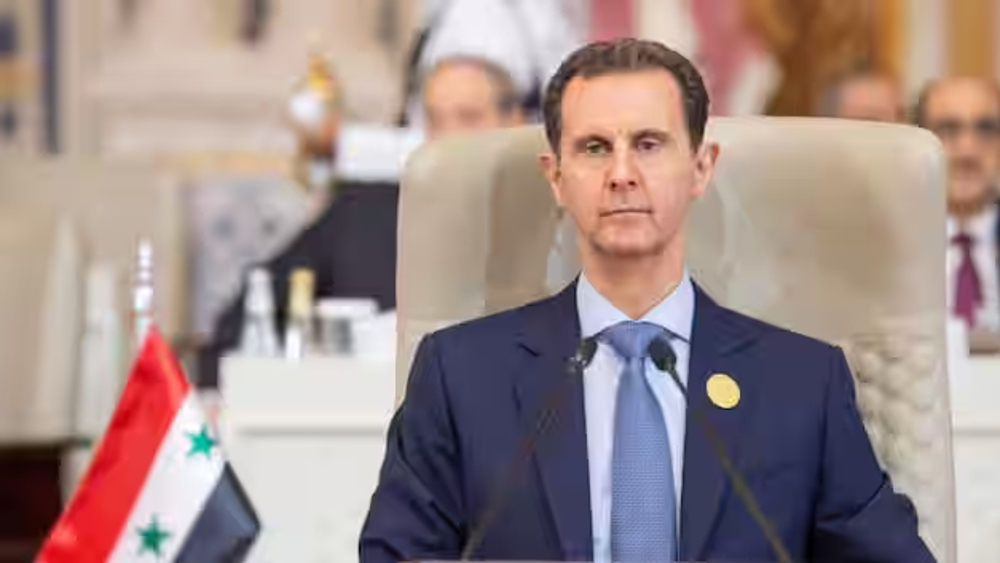




 This makes it easy to access the Press TV website
This makes it easy to access the Press TV website